If you’re looking to hunt a behemoth, you’re going to need a weapon. Fortunately, in Phoenix Labs’ new co-op action RPG, Dauntless, you have the option to trade out between five of them: sword, hammer, chain blades, axe, and war pike. It really just comes down to your playstyle.
Though you start with a sword automatically, completing the in-game tutorial and killing your first behemoth grants you access to the hammer, chain blade, and axe shortly thereafter. The war pike you won’t be able to get until much later, after you’ve completed a good amount of hunts and have managed to upgrade/smith enough weapons to get your Weapon Master title to level 4. But don’t worry, your starter weapons should be more than enough to tide you over until then.
So let’s take a look at some of the Dauntless weapons basics:
Dealing Damage

Each of the weapons in the game can be broken down into three categories based on their damage: slashing damage, blunt damage, and piercing damage.
Now, you might be questioning why the type of damage each weapon does is relevant, but when it comes to taking down a behemoth, the kind of damage you’re inflicting matters. In fact, outside of the three basic damage types that weapons do, there are also four types of damage a behemoth can take.
Basic Damage: This is general damage a behemoth takes when you hit it. It’s usually done through slashing damage and indicated by green numbers.
Part Damage: This is damage done to PARTS of a behemoth, not to be confused with partial damage. So, for example, when you’re hacking off a behemoth’s tail, that’s part damage and will usually appear as yellow numbers. This can be done by any weapon, though slashing-damage weapons are the only ones that can deal the final blow to take off tails.
Stagger Damage: This is any damage done to a behemoth that staggers or knocks them down. You can stagger most behemoths by hitting them in the head or on their legs. This damage appears in blue numbers and can be done by any of the slashing-damage weapons. However, the blunt damage of the hammer works best.
Wound Damage: When you hit a behemoth, you may notice a cut or small wound appear on their body. These cuts, along with red numbers, indicate wound damage, which means that any other hits you land in that area will have their damage increased. (You’ll also likely see blue aether flow from these wounds, which can help power-up your lantern).
So now that we’ve covered the basic damage types, let’s take a look at exactly what each weapon can do:
Choosing Your Weapon

As stated earlier, when you first start the game, you will have access to four separate weapon types — all with their own distinct playstyles and abilities. Each weapon will have two main attacks (regular and heavy) as well as a specialized move you can unleash for combo finishes. Really, you can almost think of the weapons in Dauntless as part of your character class, so it’s best to pick just one to move forward with and upgrade as you go along. With that in mind, it’s important to understand what each weapon can do and to test them to see what works best for you.
Sword (Slashing Damage): The two main attacks for the sword are its regular attack and heavy strikes. While heavy strikes allow you to deal more damage in one blow, they can be hard to land on an opponent that’s moving around a lot. Regular attacks, on the other hand, not only allow you to hit faster, but will also build up your specialized elemental blast gauge more quickly. This specialized move releases a magical projectile attack that allows you to hit a behemoth from a distance.
Hammer (Blunt Damage): This is probably the slowest weapon in the game, though it hits the hardest and may be one of the most versatile. The hammer has a cannon built into its shaft, accessible under the weapon’s “heavy hit” button. Though it only shoots a few times before needing to be reloaded, the specialized attack for the hammer is actually its refill. And don’t worry about needing to build up a gauge for it like with with the sword or chain blades; there’s no meter involved.
Chain Blades (Slashing Damage): These semi-long-distance weapons are currently the closest you can get to a ranged weapon in Dauntless outside of the Hammer’s cannon. They hit fast, though they do less damage than some of the other weapons in the game. They are also great for those who want more mobility in a fight, as their specialized move means you can either use your blades to pull yourself closer to a behemoth or use them to push yourself away.
Axe (Slashing Damage): While still a bit cumbersome, the axe offers more fluidity than the hammer. You can attack either vertically or horizontally. The only downside is that charged attacks require you to stand and charge your weapon before you strike — which can mean you’re left vulnerable to attack. But hitting a behemoth with charged attacks can help fill the gauge for your specialized attack, which activates a buff to boost your damage. And yes, it’s stackable.
War Pike (Piercing Damage): This is one of the most versatile weapons in the game. Not only does it allow you to attack from a distance, but it gives you the ability to both pierce and slash. To top it off, its specialized attack is long-range ammunition aimed at breaking behemoth parts.
There’s really no right or wrong weapon to play with. The only thing that matters is that it works for you and you know how to use it. This is not only important for soloing hunts, but vital when you’re in a group. Everyone should “know their role” and where to hit to deal the most damage. But feel free to try them all in the meantime.
—
That wraps up this Dauntless guide, but be sure to stick with GameSkinny for more helpful guides like this. If you’re just starting out and haven’t already, be sure to check out our Dauntless beginner’s guide for tips and strategies on starting off on the right foot!

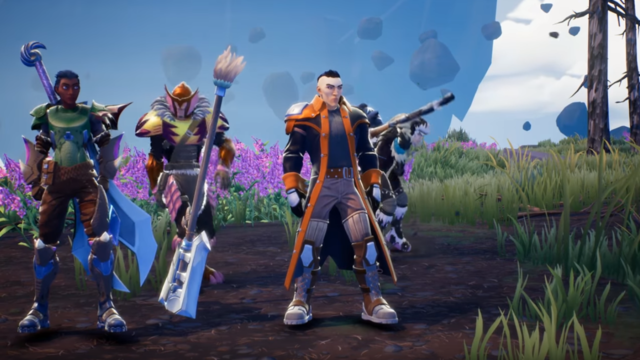
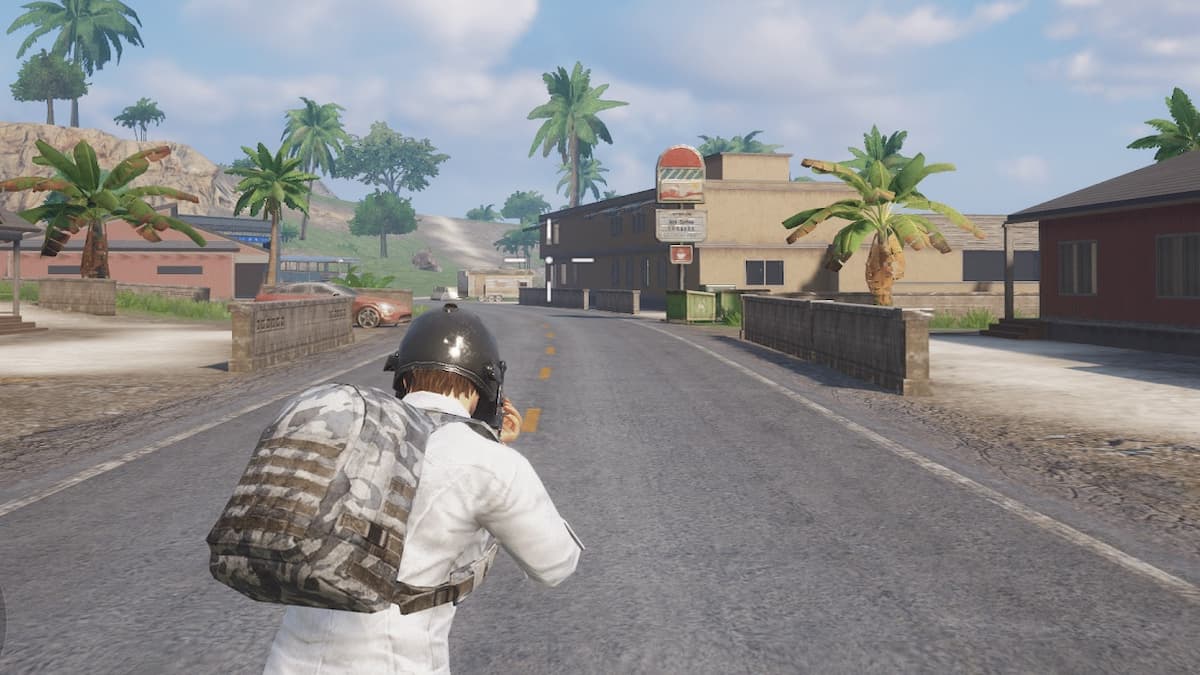
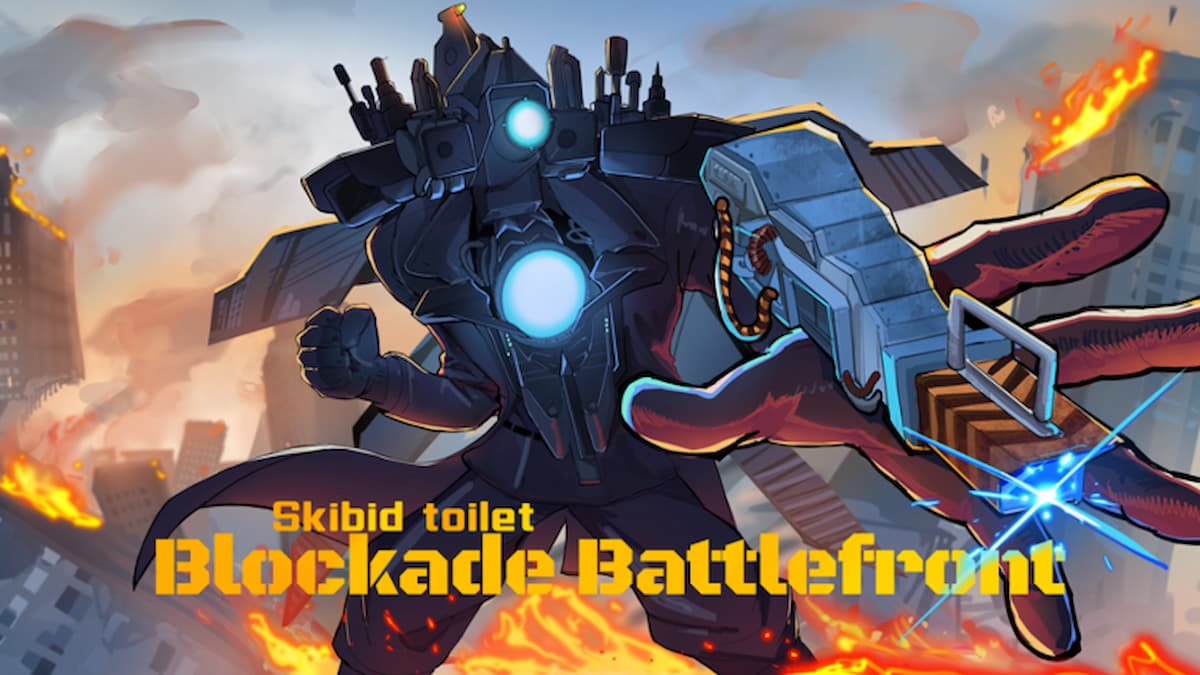
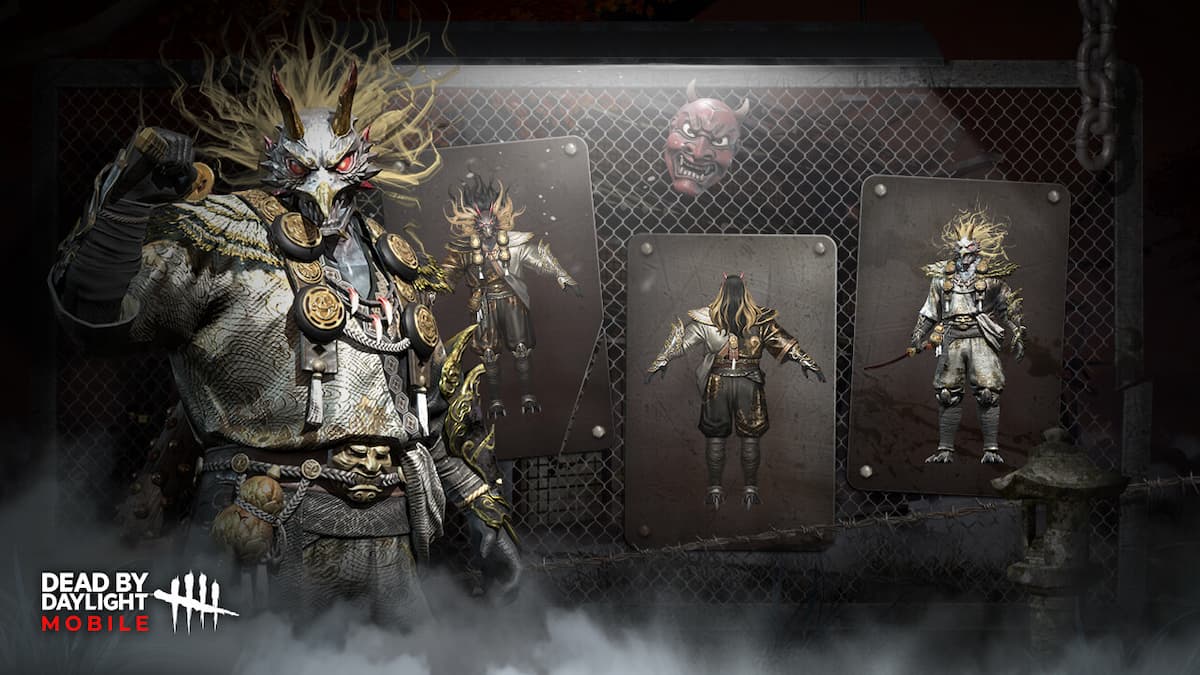
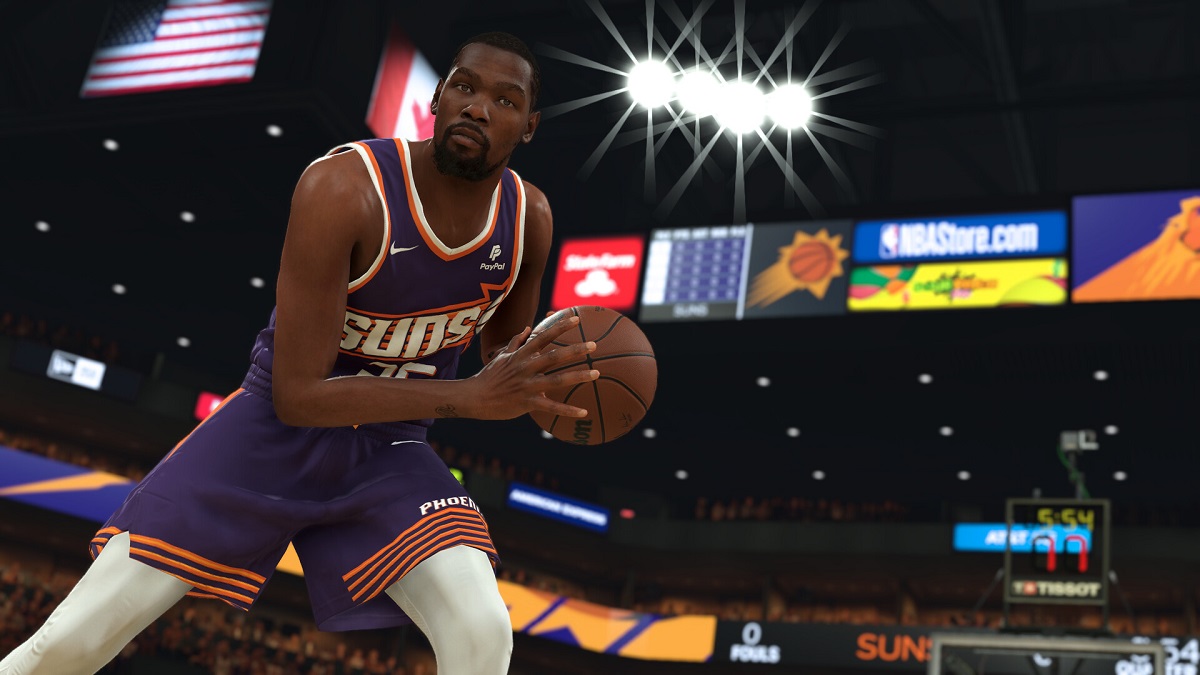

Published: May 30, 2018 08:46 pm